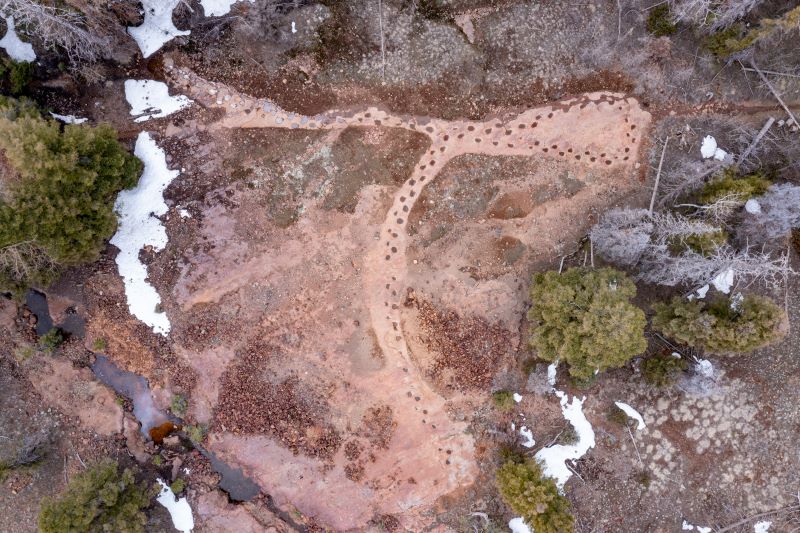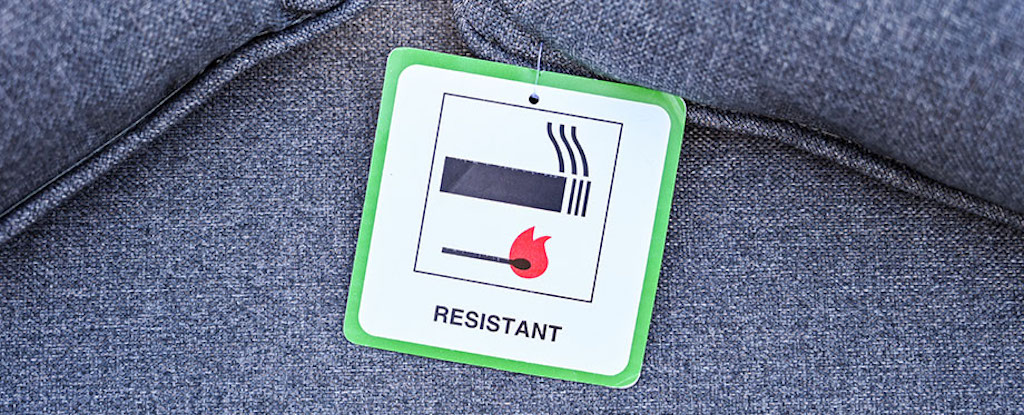On a beach in the Somali capital, Mogadishu stand six tall concrete posts planted in the pure white sand. The waves of the bright blue Indian Ocean break gently nearby – and often bear witness to some grim events.
Warning: This article contains descriptions that some people may find upsetting
Every so often the security forces bring men to this place, tie them to the posts with plastic ropes, place black hoods over their heads and shoot them dead.
The members of the specially trained firing squad also have their faces hidden.
The dead men’s heads flop down but their bodies remain upright, lashed to the poles. Their ragged shirts and sarongs flap in the breeze.
Some have been convicted by the military court of belonging to the Islamist group al-Shabab, which has spread terror in Somalia for nearly 20 years and controls large parts of the country.
Others are soldiers found guilty of murdering civilians or colleagues. Occasionally the court deals with common criminals sentenced to death because their offences are so serious.
At least 25 people were executed on the beach last year.
The latest person facing execution is Said Ali Moalim Daud who was sentenced to death on 6 March for locking his wife, Lul Abdiaziz, in a room and setting it on fire. He said he had burned her alive because she had asked for a divorce.
Just behind the killing ground is a small informal settlement in Hamar Jajab district – full of crumbling dwellings and makeshift shelters where about 50 families live on the site of what used to be a police academy.
“As soon as my five little boys come home from school, they rush down to the beach to run about or play football,” says Fartun Mohammed Ismail, one of the shoreside residents of the old police training centre.
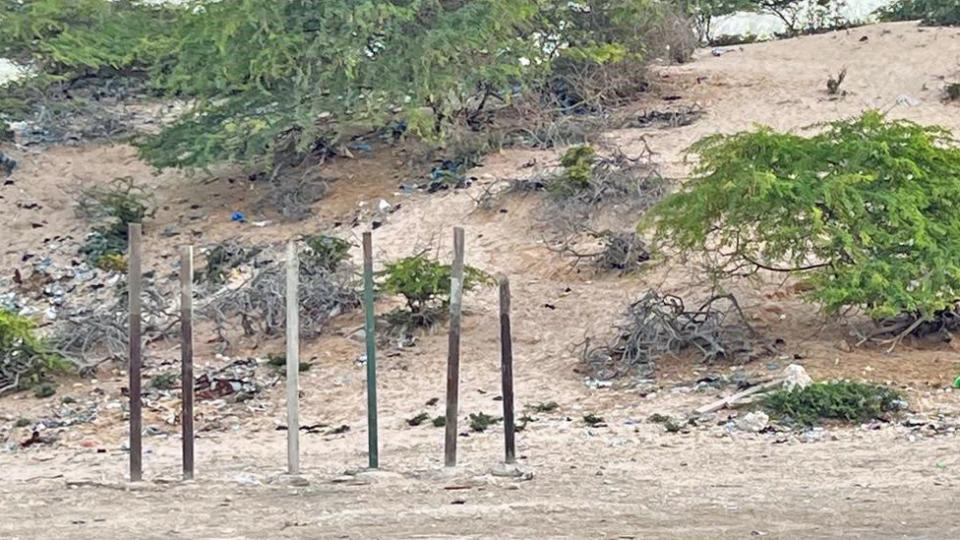
“They use the execution poles as goalposts,” she says.
“I worry about my children’s health because they play in the blood spilt where people are shot.
“The area is not cleaned up after executions.”
The graves of those who have been shot are found around the beach.
Ms Ismail says her children are used to violence and insecurity because they were born in Mogadishu, a city affected by conflict for 33 years.
Yet she and other parents feel that playing in the blood of convicted criminals is too much.
However, it is hard to stop the children from joining their friends on the beach when most parents are trying to scrape together a living so are not always around to intervene.
Executions usually take place early in the morning, between 06:00 and 07:00.
Only journalists are invited to witness the killings but nobody stops local residents, including children, from gathering around and watching.
In fact the beach was chosen as a place of execution in 1975 by Siad Barre when he was president precisely because locals nearby could watch.
His military government erected the poles for some Islamic clerics who were shot on the spot for opposing a new family law that gave girls and boys equal rights in inheritance.
Today only the posts remain, although crowds are no longer actively encouraged.
Nonetheless parents worry that the children who play on the execution ground risk being shot when someone is put to death.
They say their offspring are terrified of police and soldiers because they only associate them with killing people in front of their eyes.
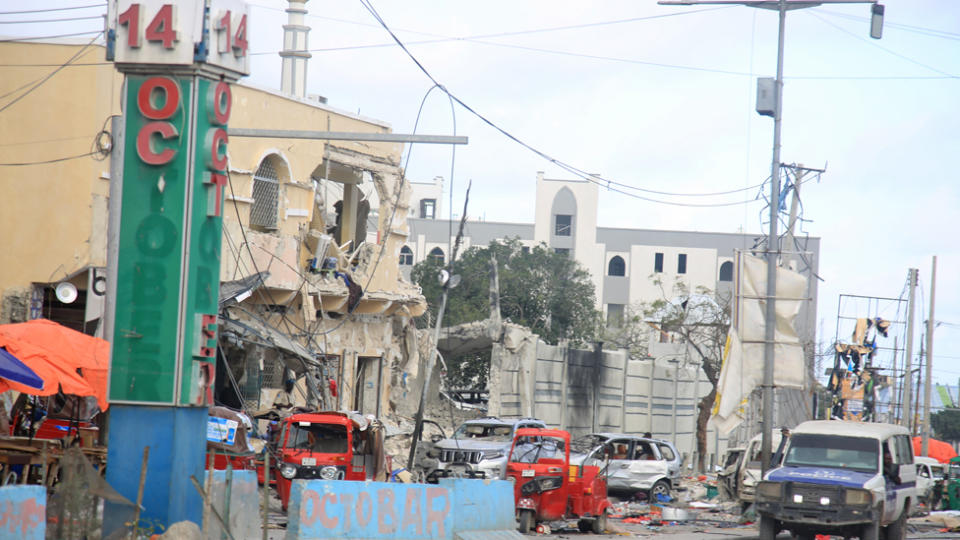

“I struggle to sleep at night and feel acutely anxious all the time,” admits Faduma Abdullahi Qasim, who also lives in the neighbourhood within metres of the execution ground.
“Sometimes I hear gunshots in the morning and know someone has been put to death,” she says.
“I try to keep my children indoors all the time. We are sad and inactive. I hate going outside and seeing blood seeping into the sand beside me.”
Although most of the residents who live in the neighbourhood are traumatised by living so close to the execution ground, many Somalis support the death penalty, especially for members of al-Shabab.
Ms Qasim is unusual in opposing it – especially given that her 17-year-old son, who worked as a cleaner at a snack bar, was killed in a huge double car bombing in Mogadishu in October 2022. More than 120 people died and 300 were injured in the attack, blamed on al-Shabab.
“I don’t know personally the people who are being executed but I believe the practice is inhumane,” she says.
It is not only children from the beachside neighbourhood who play on the sand near the execution posts.
Young people from other parts of the city gather there, especially on Fridays, Somalia’s weekend.
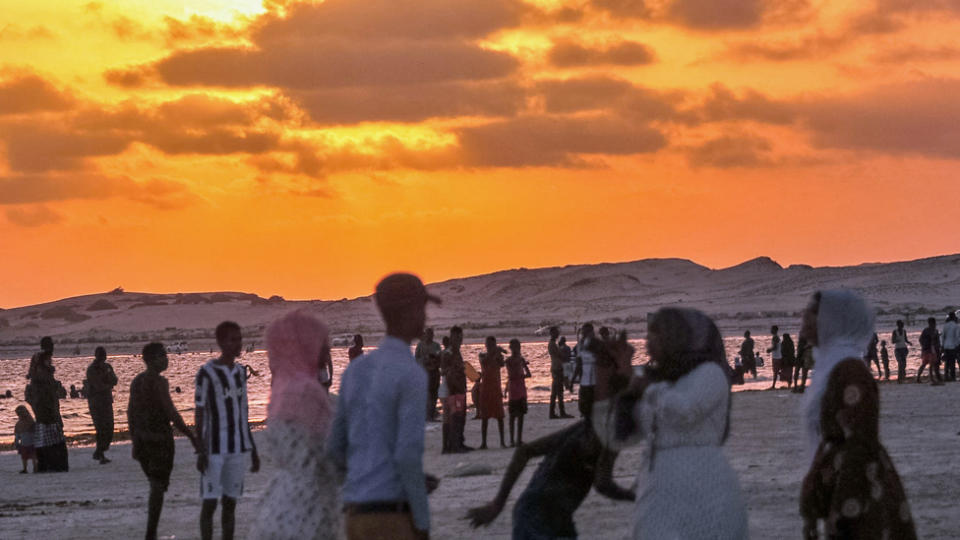

One of them is 16-year-old Abdirahman Adam.
“My brother and I come here every Friday to swim and play football on the beach,” he says.
“My sister comes too, dressed in her finest clothes so she can post and look beautiful when we take pictures of her.”
He and the others that flock to the beach do know about the executions and the graves of people who were shot there – but they go regardless.
For them the central and beautiful location is more important.
“Our classmates are jealous when they see the photos. They don’t know we are hanging out at an execution ground.”
Naima Said Salah is a journalist with Somalia’s only all-women media house, Bilan Media.
More Somalia stories from the BBC:

David Turner is a globe-trotting journalist who brings a global perspective to our readers. With a commitment to shedding light on international events, he explores complex geopolitical issues, offering a nuanced view of the world’s most pressing challenges.




